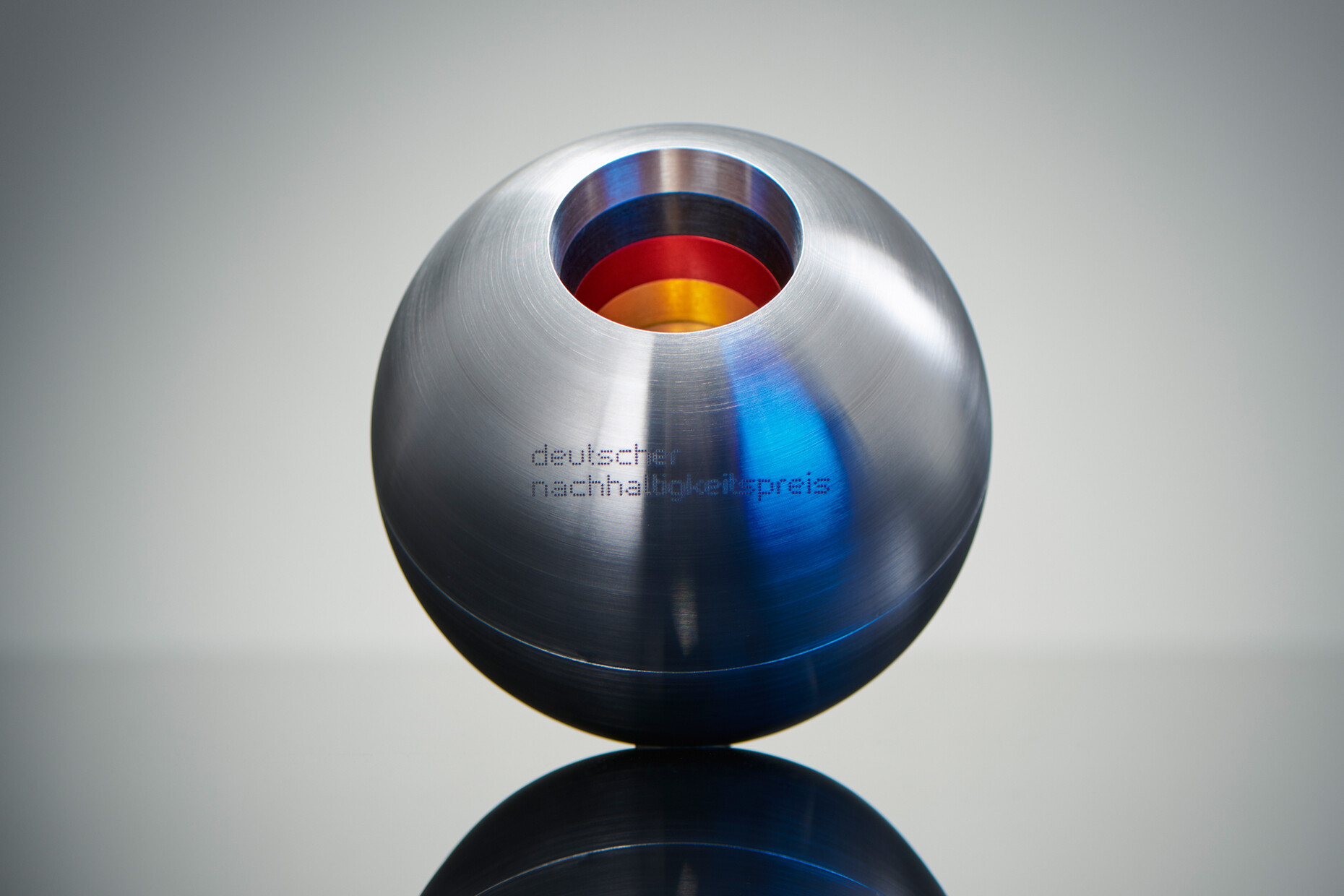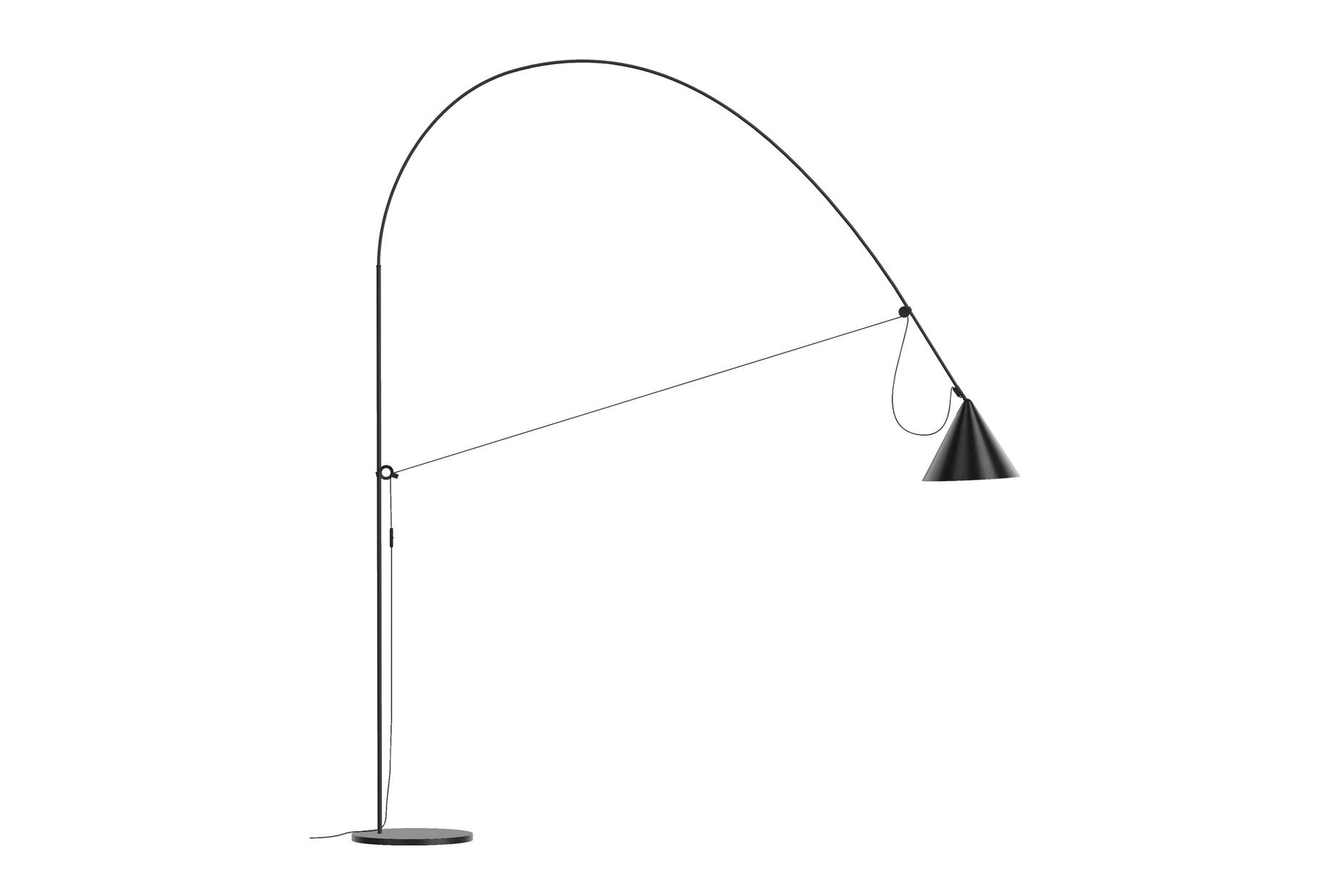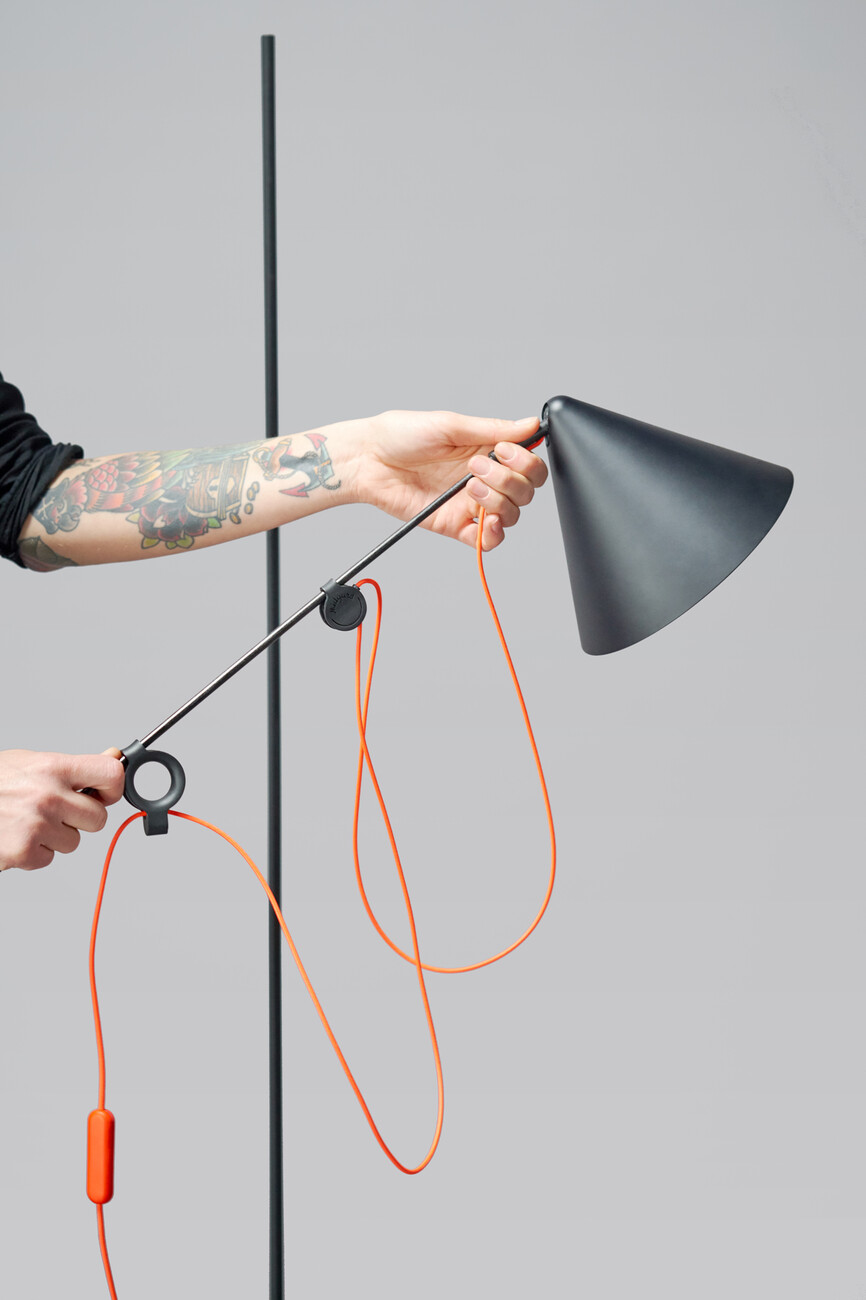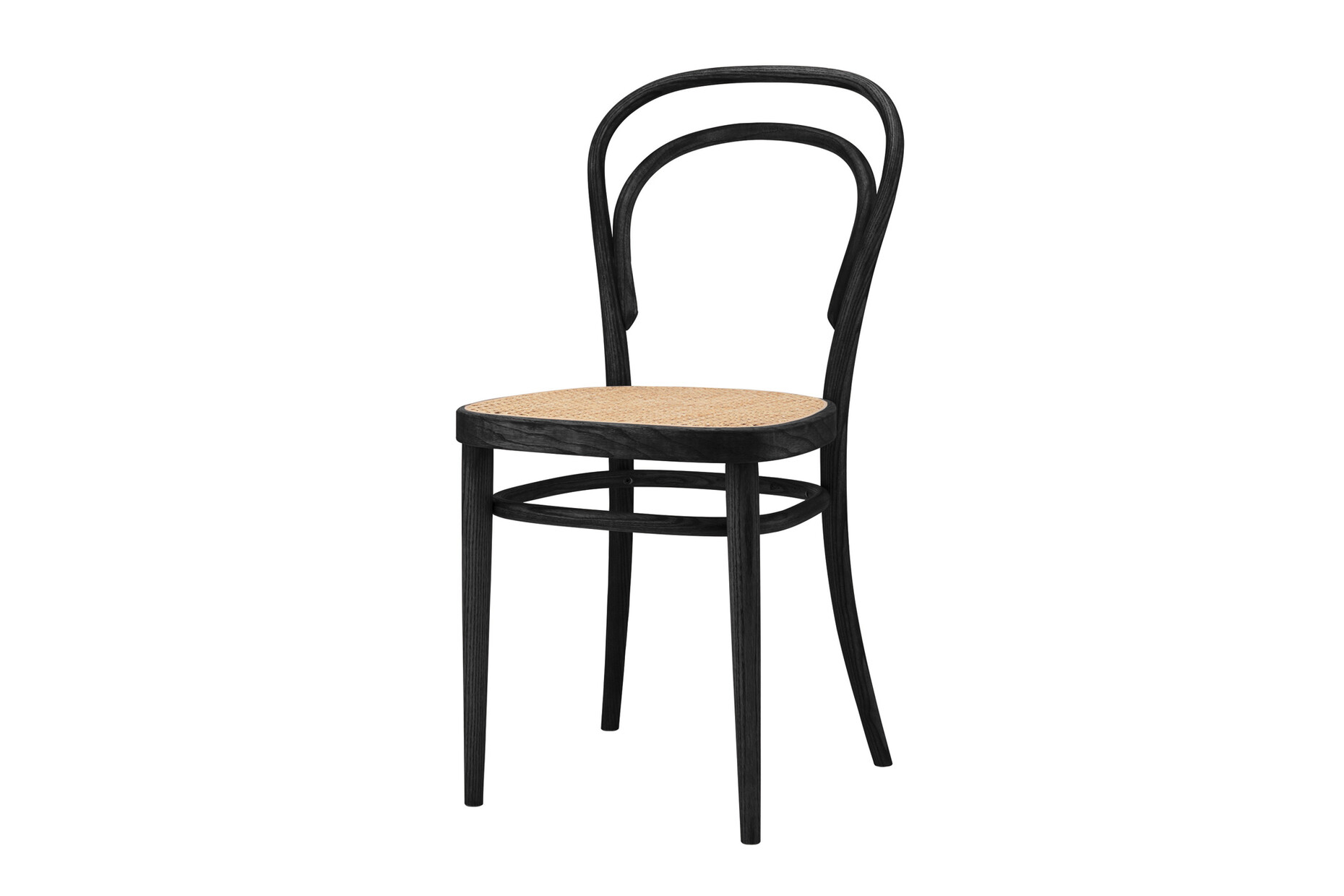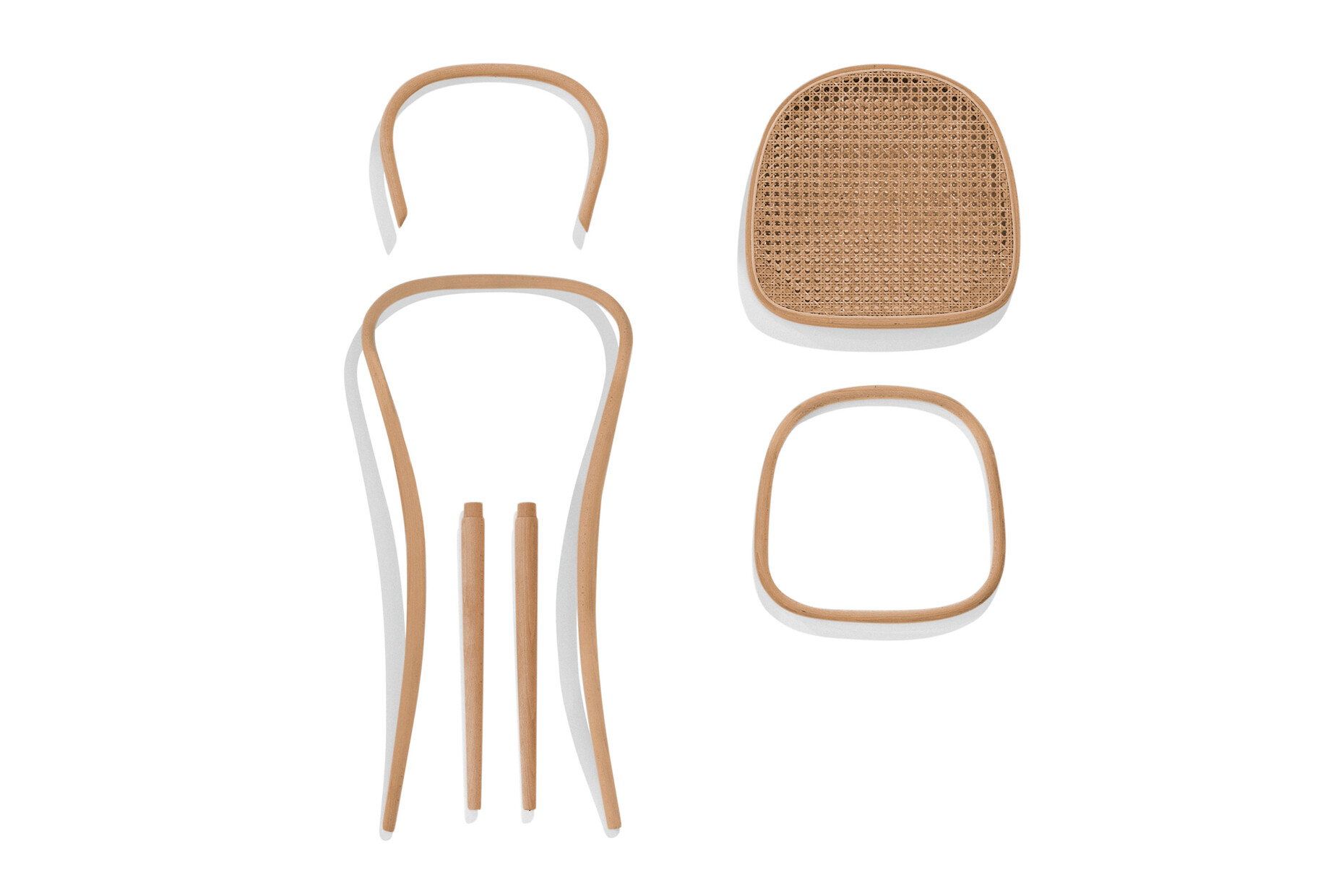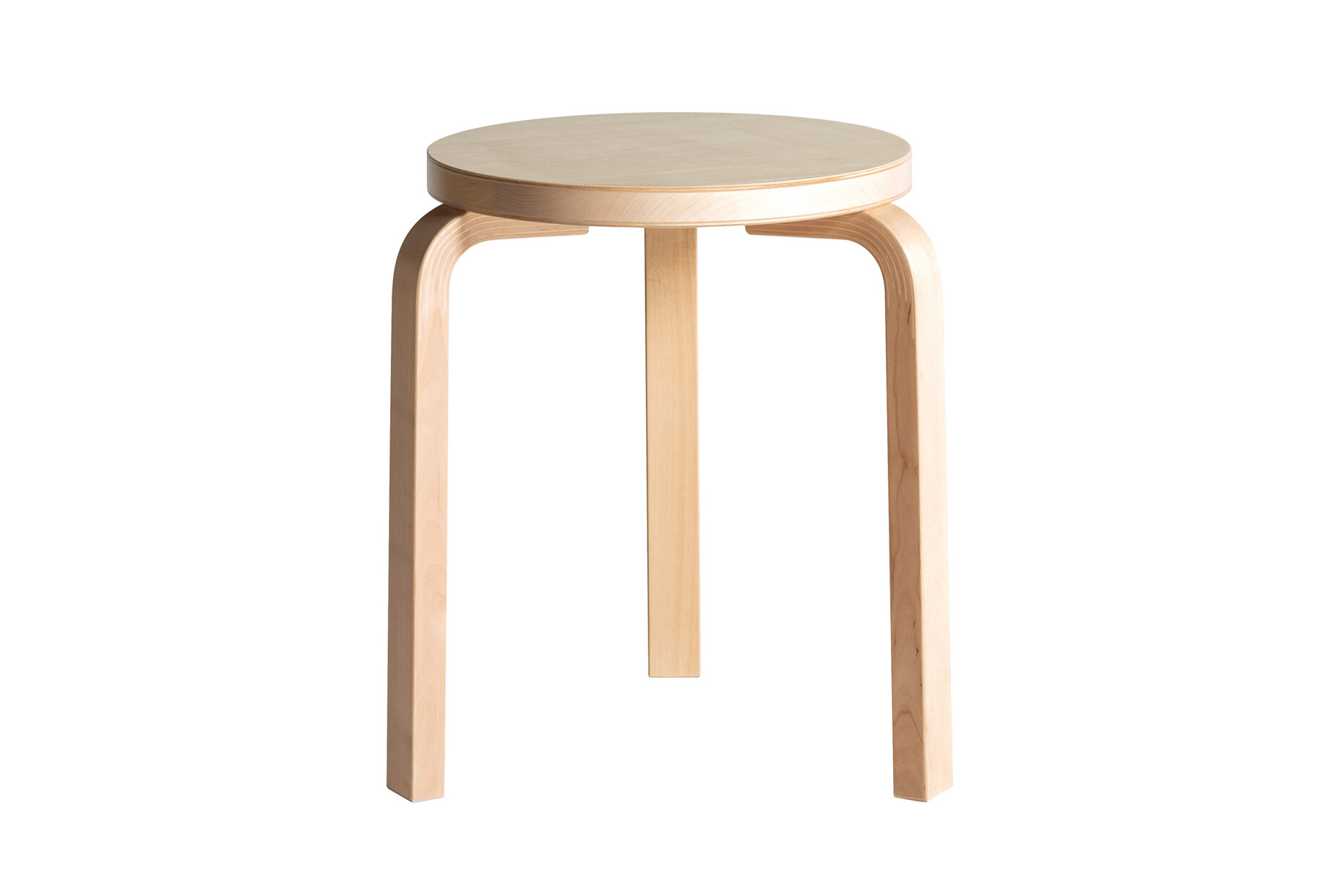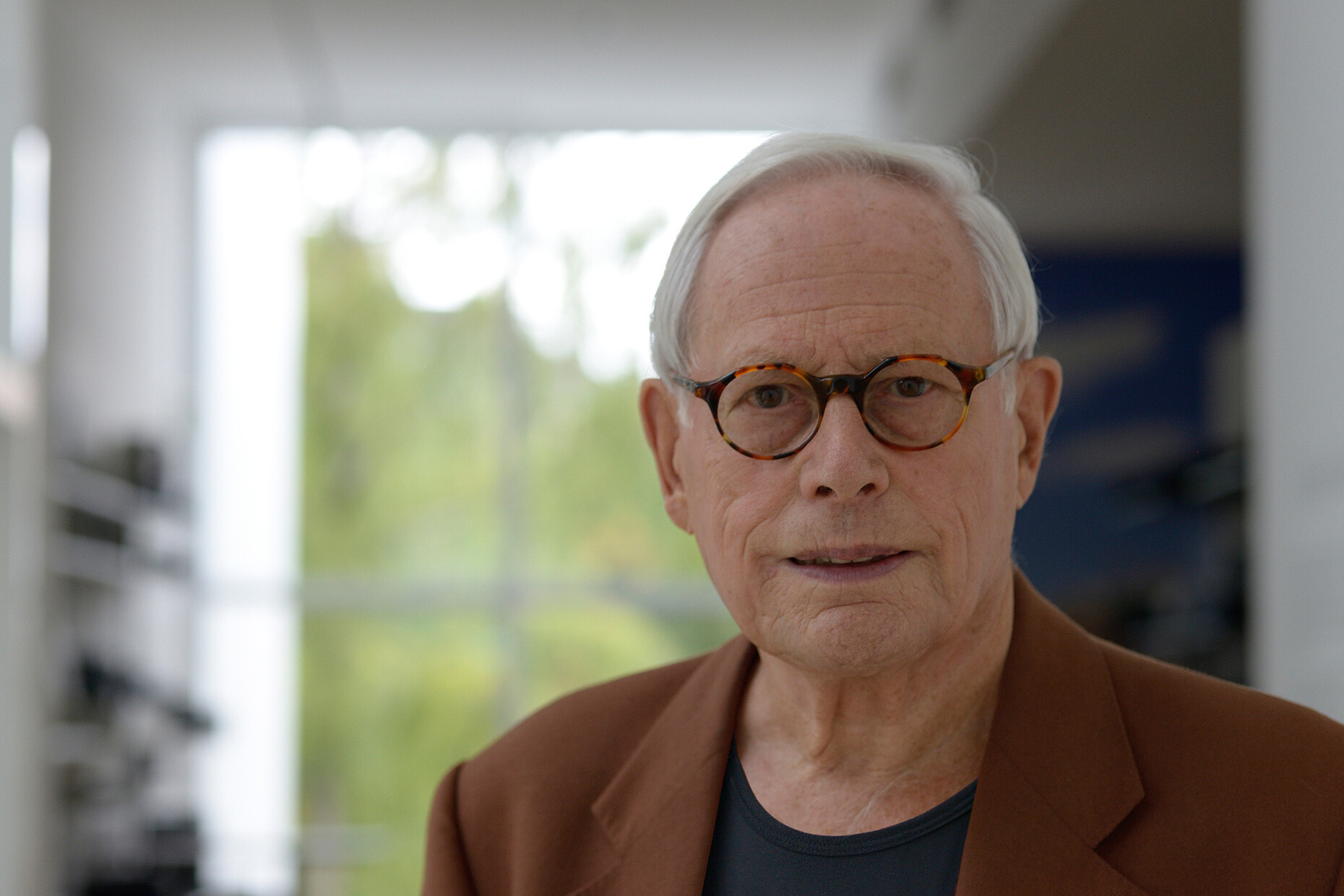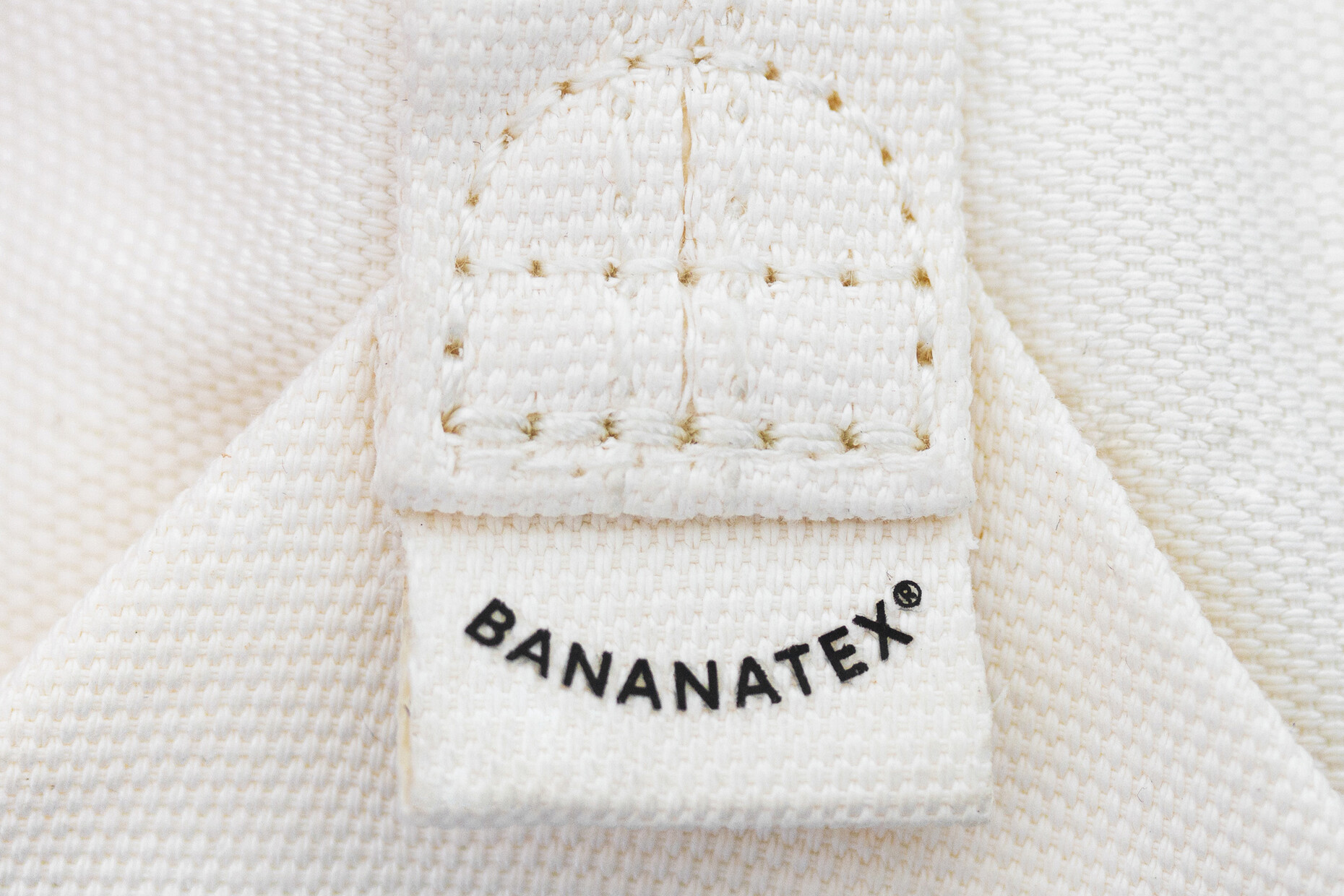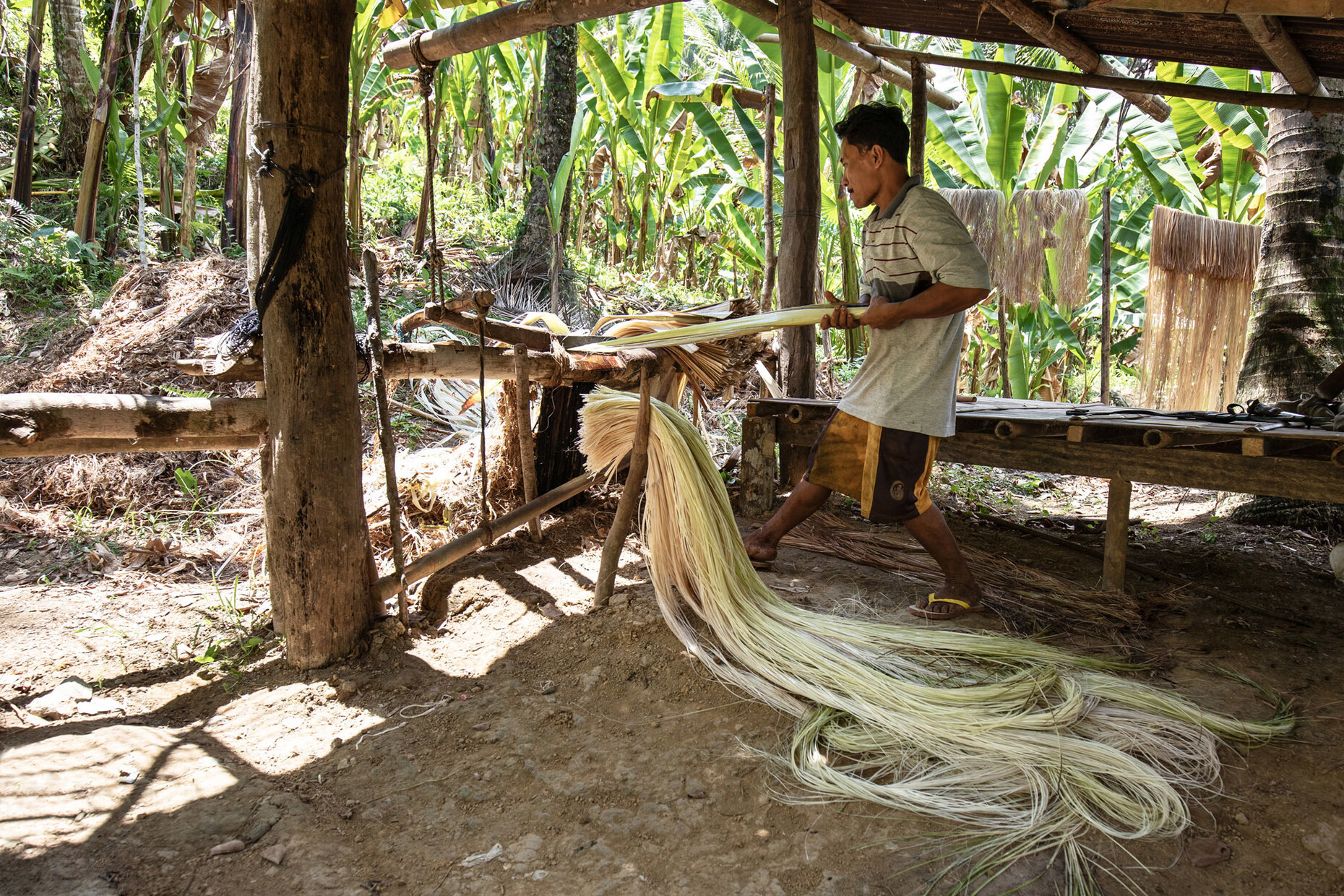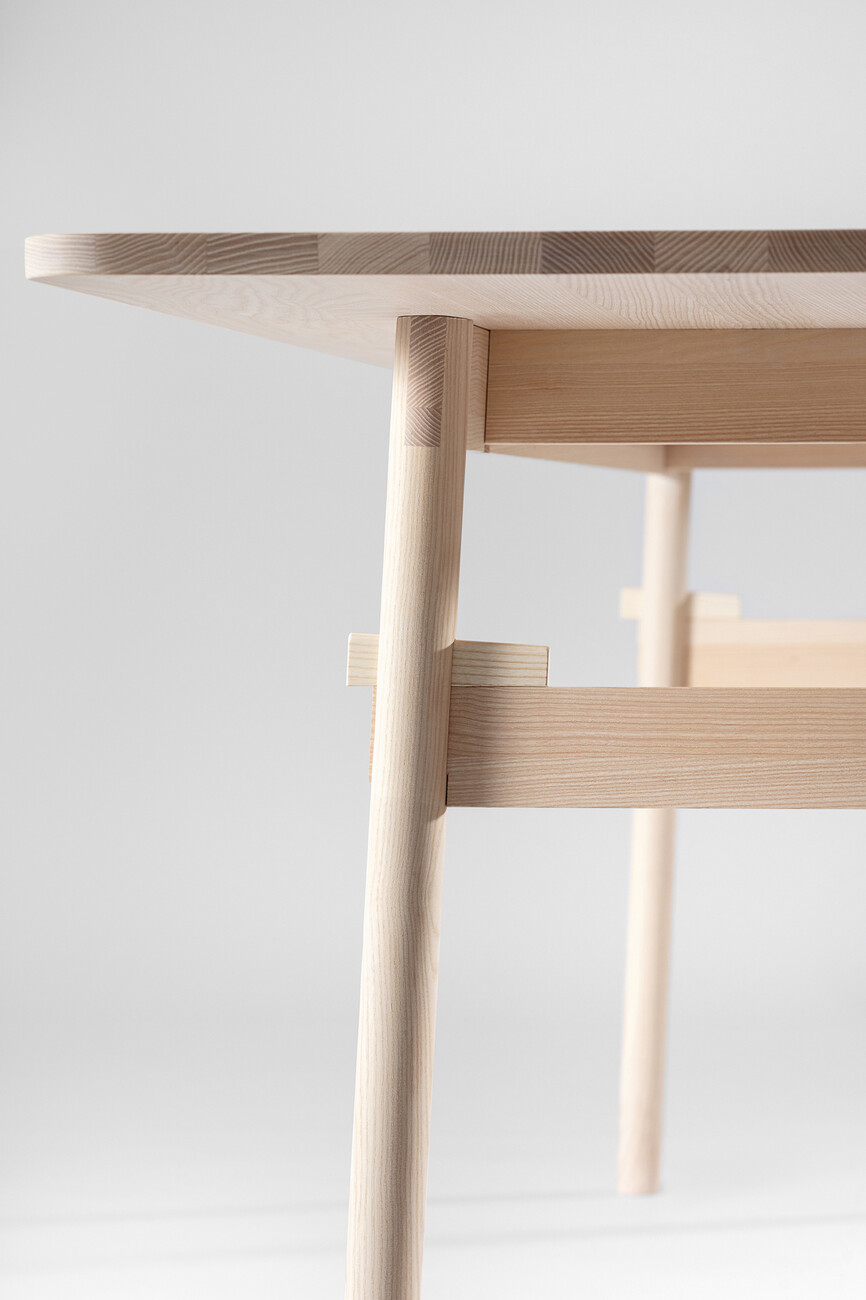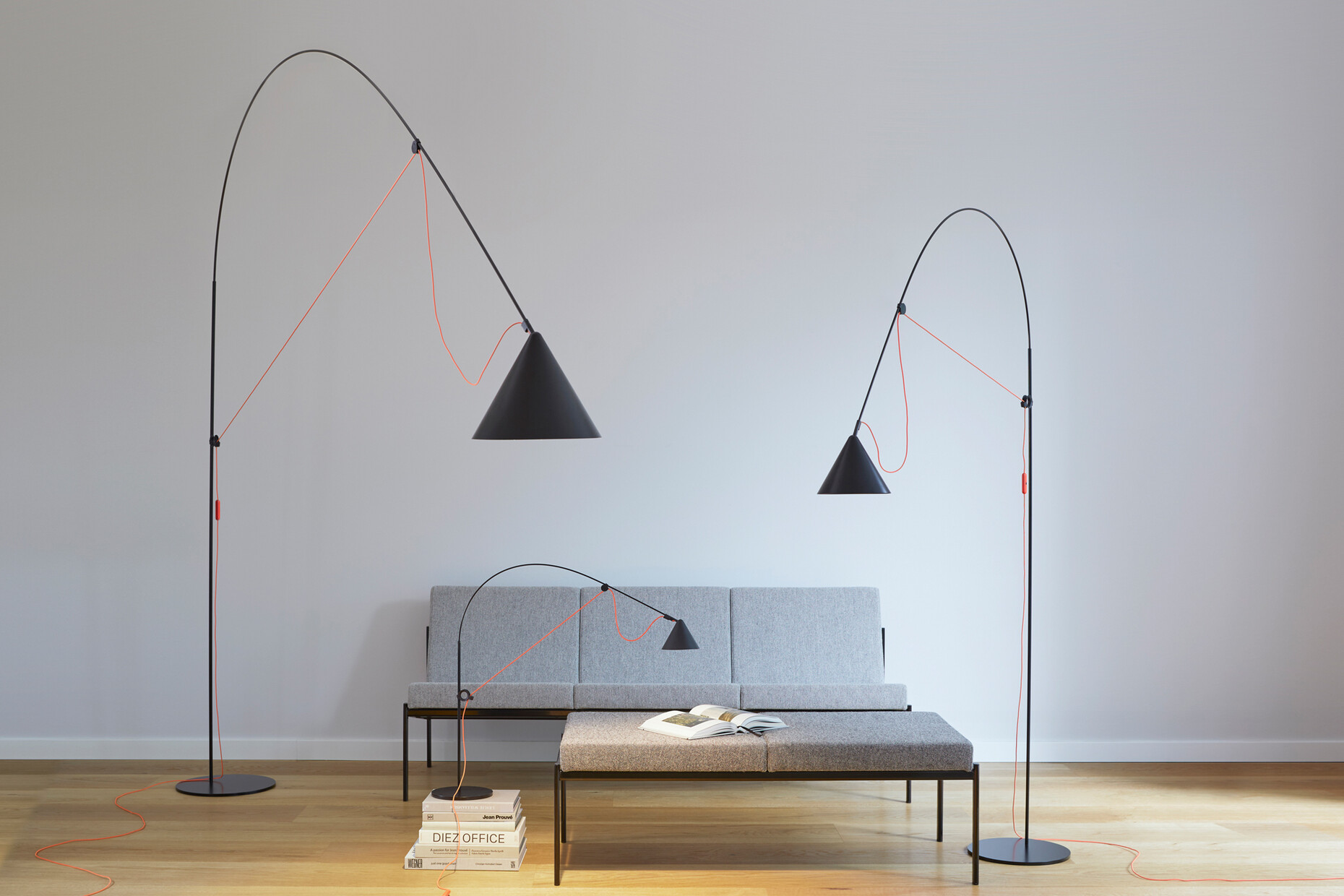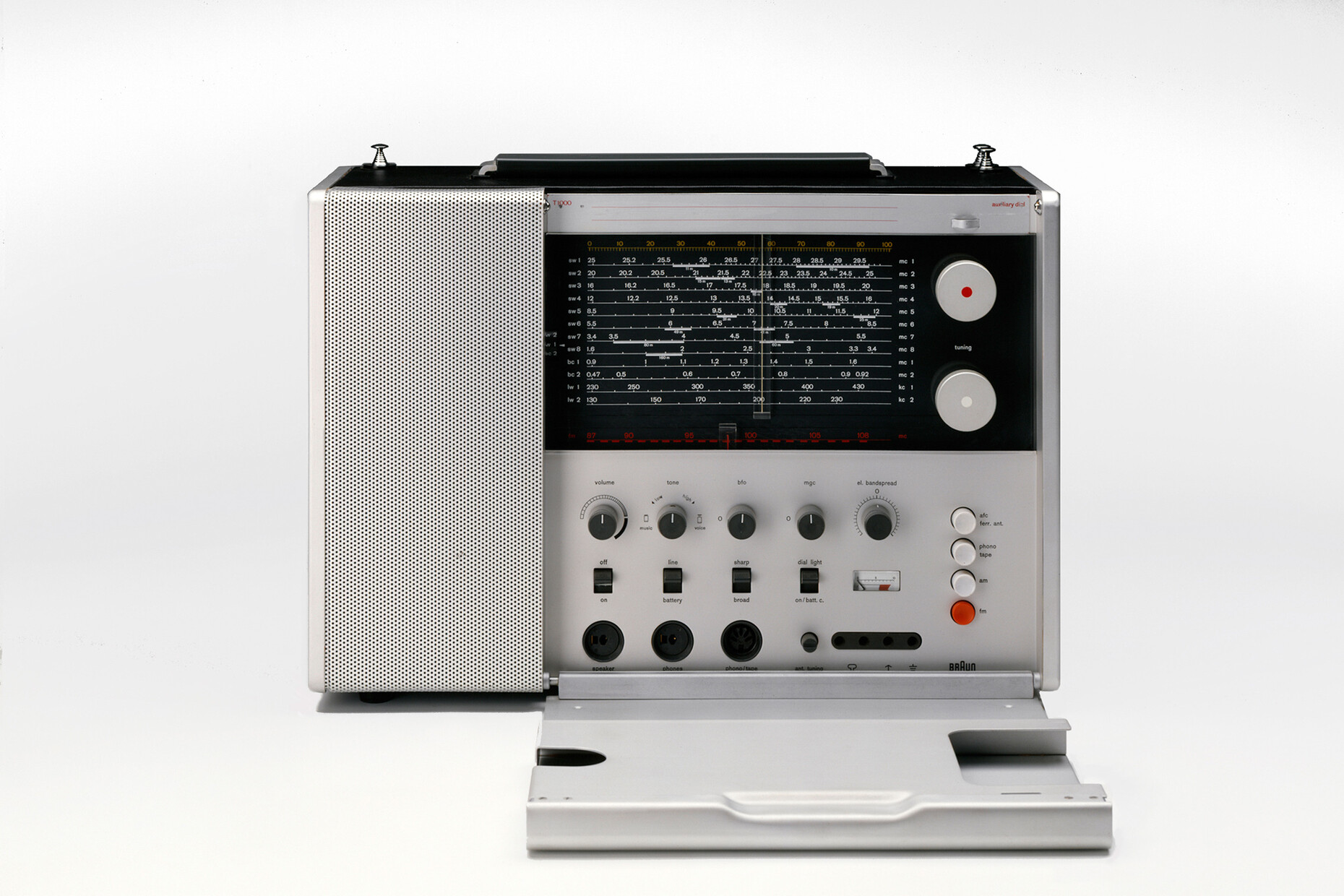German Sustainability Award Design: The Winners
For years there have been calls for greater sustainability in work and non-work areas. That said, defining what sustainability means and then implementing it is not always easy either for firms or for consumers. Which is why for years the German Sustainability Award, which is conferred by the foundation Deutscher Nachhaltigkeitspreis endorsed variously by the German Federal government, local and business associations, numerous NGOs and research institutes, supplies a range of definitions informed by the objectives of the UN 2030 Agenda for Sustainable Development. This year, the new German Sustainability Award Design will go to pioneering products that consumers can regard as examples of sustainable consumption.
While in recent years the prizes went variously to business, municipalities and research, this year for the first time the German Sustainability Award Design will honor examples of sustainable design. Already at the end of September a jury of experts selected the finalists whose products, solutions and systems stem from a wide variety of sectors ranging from student projects to design classics. Now, on December 3, the winners were presented. They include design icons, pioneering projects and visions of the future that embrace the areas “Construction and Furnishing”, "Clothing and Accessories”, “Mobility and Transport”, “Health and Care”, “Packaging”, “Information and Communication” as well as “Food and Farming”.
For example, in the area “Construction and Furnishing” the “AYNO” luminaire developed by Midgard was honored. The range of luminaires by Munich-based designer Stefan Diez with a table model and two standing versions is made of steel, fiberglass and ABS/PC. All three materials are largely recyclable and were also partly recycled for production. Moreover, the luminaires can be easily repaired without tools, which extends their lifespan. Aside from new designs the winners also include classics such as the bentwood 214 chair by Thonet, which has been produced since 1859 in Frankenberg (Hessen) using wood from sustainable forestry. Another example is the “Stool 60”, designed by Alvar Aalto and produced by the firm Artek, which has been sold millions of times since its introduction almost 90 years ago. Not only is it made of regional timber on its platform “Artek 2nd Cycle” the company offers second-hand products and encourages its customers to be sustainable consumers.
However, prizes were not only awarded to actual furniture items but also to evaluation systems for furniture. For example, in the category “Communication and Information” the firm Zeitraum received a prize for its interactive “Furniture Footprint" system that allows consumers to assess a product according to parameters such as origin, material properties or manufacture. Moreover, an honorary prize was awarded to product design legend Dieter Rams, who according to the foundation had an unparalleled influence on 20th-century design with his minimalist, timeless approach, clear design language and the motto “Good design is as little design as possible”. In the section “Clothing and Accessories” the company QWSTION won a prize for its product “Bananatex”. The latter is an organic, plant-based textile that is not only durable and tear-proof, but also light and flexible. As it consists completely of banana plant fibers it is biodegradable making it completely recyclable.
Apart from prizes for furniture and clothing the Award also honored not only vehicles and buildings, but also pet food made from insects as an alternative to meat – enough diversity in other words, in order to define more precisely just what is meant by sustainability. This view is also shared by jury member and cradle-to-cradle inventor Michael Braungart: “The jury was highly impressed by both the bandwidth and quality of the nominees. What we have seen and honored is very encouraging. The ideas but also the foundations are already there for how our world can become more sustainable across the various sectors.”
Winners German Sustainability Award Design 2020:
Construction and Furnishing
Artek oy ab – Stool 60 (icons)
Dyson – DC01 (icons)
Grebenstein, Paulina – urban:eden lab (visions)
Grohe – Water system GROHE Blue (icons)
Günter und Finkbeiner Gesellschaft von Architekten – WOODSCRAPER (visions)
Midgard Licht – AYNO (pioneers)
Schücking, Lea – tiles made from construction waste (visions)
SolteQ Europe – solar roof tiles (pioneers)
sonnen – sonnenBatterie battery and storage system (pioneers)
Thonet – bentwood chair 214 (icons)
Wikkelhouse – Sustainable building/House made of cardboard (pioneers)
WYE – Neolign® (pioneer)
Clothing and Accessories
Cocccon – Fashion For Biodiversity (pioneers)
erlich textil – sustainably & fairly produced undergarments (pioneers)
Fanfare – modern, contemporary women's & unisex clothing (pioneers)
NINA REIN – sustainable business clothing for women (pioneers)
OceanSafe – Textiles Next Generations (pioneers)
QWSTION International – Bananatex® (pioneers)
Ullmann, Laura – Cocolette (visions)
Communications and Information
Good ambassador – Brot für die Welt / campaign theme “Weniger ist leer” / Less is empty, a play on words based on the slogan “Less is more” (icons)
iFixit – iFixit (icons)
Reparatur-Initiativen – a platform for finding repair initiatives (pioneer)
SHIFT – Shiftphone (icons)
Wittmann, Florian – SOUL (visions)
ZEITRAUM – Furniture Footprint (pioneers)
Mobility and Transport
Continental Reifen Deutschland – Urban Taxagarum (pioneers)
Ralf Bohle – cycle tube recycling service for bike retailers (pioneers)
Siemens – Mireo (pioneers)
Health and Care
DENTTABS innovative Zahnpflegegesellschaft – toothpaste tablets (icons)
Lune Group – Lunette Menstrual Cup (icons)
Sumo – reusable fabric nappies (visions)
Packaging
everdrop – cleaning tablets (pioneer)
Kneipp – sustainable packaging for its Samtweich product line (pioneers)
Song, Youyang – Apeel (visions)
Werner & Mertz GmbH – recyclable packaging from Frosch (icons)
Food and Farming
MjAMjAM Petfood – made from insects (pioneers)
